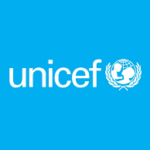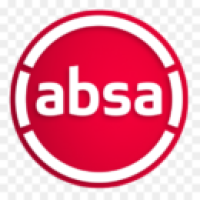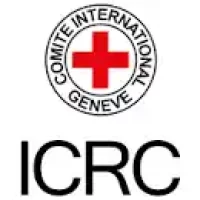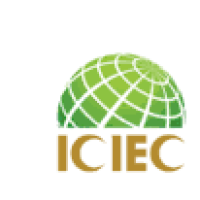Violence, exploitation, and abuse threaten the physical and mental health of children, jeopardizing their development and future. In Uganda, approximately 35% of girls and 17% of boys have experienced sexual violence during childhood. This situation necessitates urgent action to protect vulnerable populations.
UNICEF is committed to addressing all forms of sexual misconduct and violence against children, aligning with the UN’s priorities. Many young people lack access to quality sexual and reproductive health information and services, exacerbating issues like early pregnancies and gender-based violence (GBV).
The Mental Health and Psychosocial Support (MHPSS) chatbot, developed in collaboration with the Ministry of Gender, Labour, and Social Development (MGLSD), aims to improve access to mental health resources. This TOR outlines the need for developing content on PSEA (Prevention of Sexual Exploitation and Abuse), GBV, and SRHR (Sexual and Reproductive Health and Rights) to be incoporated into the chatbot to ensure it provides accurate, culturally sensitive, and engaging information tailored to adolescents.
By enhancing the chatbot’s capabilities, we can empower young people in Uganda to seek support, report incidents, and access crucial services, contributing to a safer and healthier environment for children and adolescents.
Objectives:
The key objective of this assignment is to develop Sexual and Reproductive Health, Gender Based Violence and Prevention of Sexual Exploitation and Abuse adolescent content that will be incorporated in the Mental Health chatbot recently launched by the Ministry of Gender, Labour and Social Development.
Scope:
- Develop culturally sensitive and age-appropriate content for adolescents (ages 13-18) on PSEA, GBV, and SRHR topics tailored for the chatbot.
- Develop external articles and resources that can be integrated into the chatbot or linked on SAFE PAL for broader accessibility.
- Collaborate with stakeholders (adolescents, MDAs, UNICEF, other agencies) to ensure the content is relevant and effective.
- The content shall align with the Government of Uganda and UNICEF’s guidelines, as well as UNICEF’s available materials on PSEA, GBV/SGBV, AAP, VAC, and SRHR.
- The content shall prioritize safety, non-judgmental support, and access to resources.
- The content should be developed in English and Swahili.
- Finally, the content shall be tested and validated with relevant stakeholders (Stakeholder workshop, including adolescents).
Tasks/Responsibilities:
- Implementation plan
- SRHR, GBV, PSEA content
- Testing and validation
- Final content revisions
- Final content
Deliverables:
- Inception Report
- Draft 1 of content
- Workshop report
- Workshop Report
- Content and Final Report
To qualify as an advocate for every child you will have…
- Master’s degree in social sciences, Psychology, or related field.
- Minimum of 5-7 years’ experience working with children and youth, particularly in GBV, SEA, and SRHR program implementation.
- Demonstrated experience with digital tools, including chatbot technology, for enhancing community engagement and service delivery.
- Proven ability to integrate digital solutions into humanitarian or development programming.
- Skills: Strong understanding of chatbot technology, and digital engagement.
- Languages: Fluency in English, Swahili.
UNICEF’s Core Values of Care, Respect, Integrity, Trust and Accountability and Sustainability (CRITAS) underpin everything we do and how we do it. Get acquainted with Our Values Charter: UNICEF Values
UNICEF competencies required for this post are…
(1) Builds and maintains partnerships (2) Demonstrates self-awareness and ethical awareness (3) Drive to achieve results for impact (4) Innovates and embraces change (5) Manages ambiguity and complexity (6) Thinks and acts strategically (7) Works collaboratively with others (8) Nurtures, leads and manages people.









